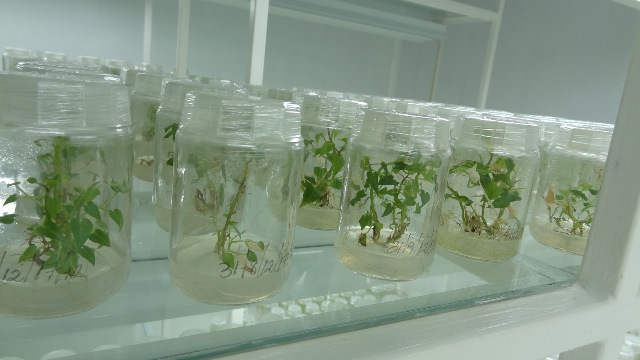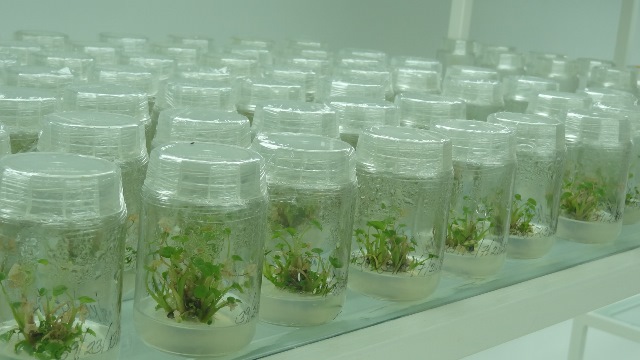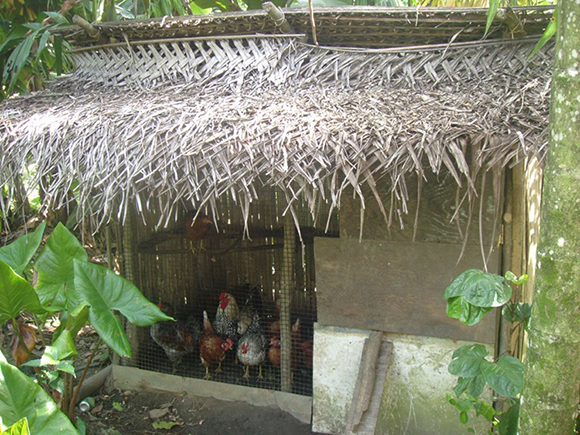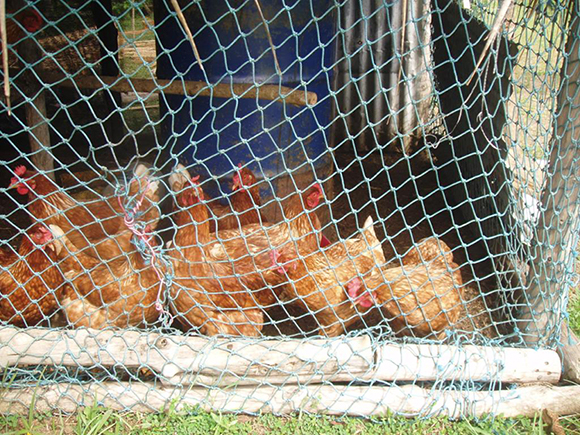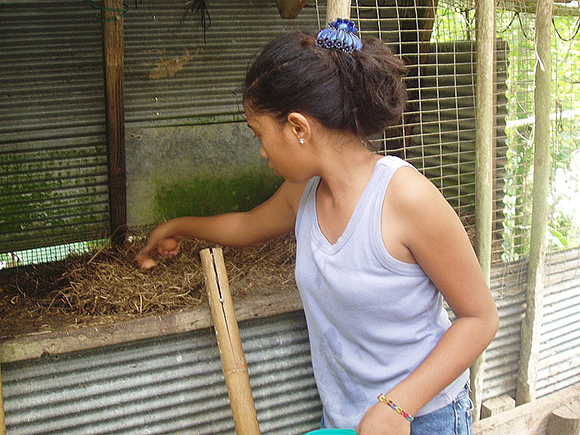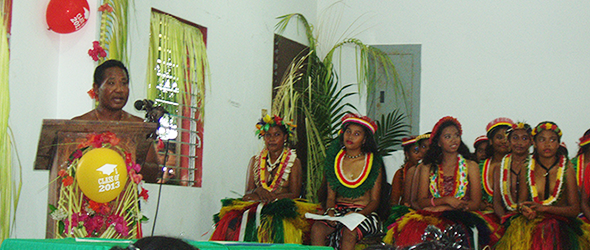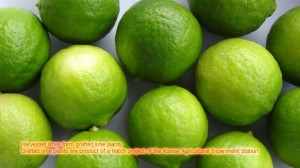KOSRAE, FSM. Dr. Virendra M. Verma, Researcher/Extension Specialist, Kosrae Agricultural Experiment Station.
Salinity, an abiotic stress that combines elements of water deficiency and sodium toxicity is among the most serious and widespread of agricultural problems on islands resulting in lost crop yield and arable land. Therefore, the efforts to develop salt-tolerant plants are of immense importance to increase crop productivity. In recent years, tissue culture based in vitro selection has emerged as a feasible and cost-effective tool for developing salt tolerant plants. Sweet potato and taro are most important staple food crops in the Pacific Region for local consumption as well as for export. These crops contribute significantly to the socio-economics and provide livelihood to almost all island people and thus are crucial for ensuring nutritional and economic security. Both sweet potato and taro are placed on high agricultural priority but limitations in availability of salt tolerant germplasm, and disease-free and elite seedlings, is a major bottleneck in production. Therefore, the study is being undertaken for assessment of salt tolerance in taro and sweet potato through in vitro selection, followed by greenhouse and field evaluation. To establish aseptic cultures for collected germplasm of taro and sweet potato, various experiments were performed. Different concentrations of sodium chloride were used for in vitro selection of salt tolerant germplasm. This in vitro selected germplasm was further evaluated for salt tolerance in the greenhouse and finally was field evaluated at various sites in four replications. Some varieties of taro and sweet potato performed very well at coastal sites. Results based on various physiological and morphological parameters collected during the research.
